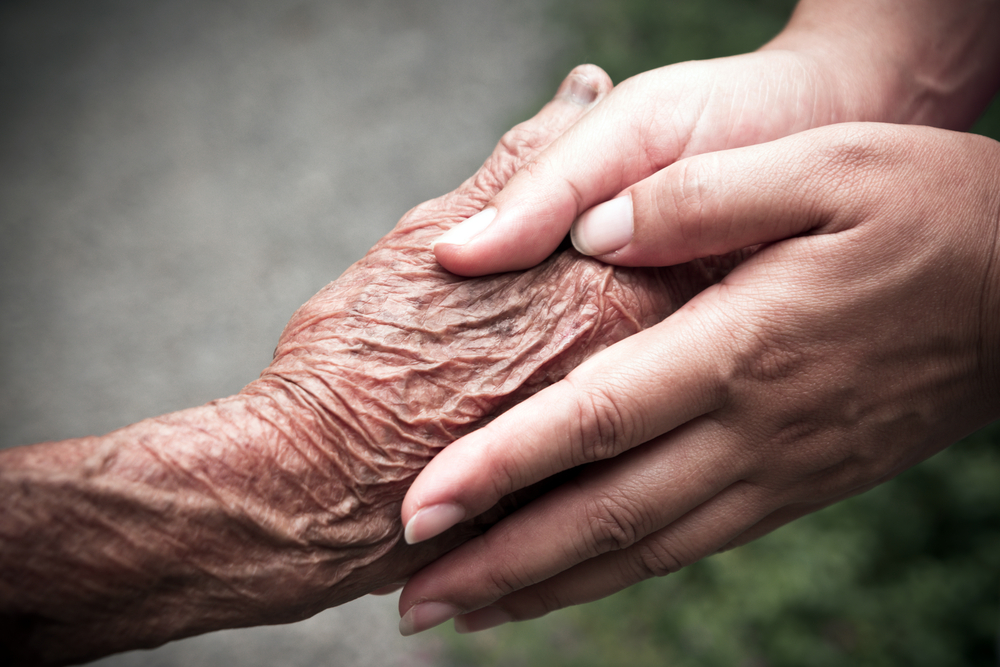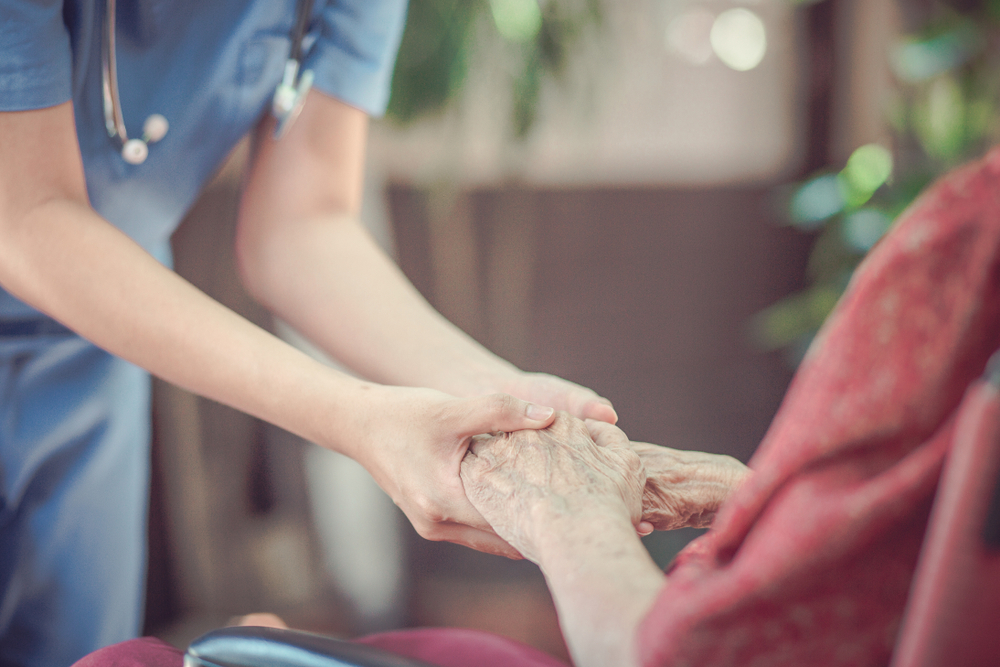Caregiving in retirement communities near you can be demanding and tire you out quickly. This is especially true if you feel like you’ve bitten off more than you can chew.
However, there are things you can do to reduce stress and restore a feeling of hope and optimism for your future in the Oakleigh of Macomb community.

Caregiver Burnout Explained
Caregiving is rewarding, yes, but it also comes with its own stressors. Caregiving can be a huge emotional challenge that can grow bigger and bigger over time. Caregiving responsibilities can last for years or even decades. In addition to this, it can be hard to keep hope when your loved one’s condition seems to be worsening despite your best efforts.
Your loved one won’t be the only one who suffers – you will also feel worse over time as the emotional, physical, and mental impacts take their toll.
This is why you must not think of self-care as a luxury but rather as a necessity. Your physical and mental well being is just as important as your loved one’s needs as well.
Caregiving and Personal Well Being
Knowledge is the first half of the battle against burnout, and that means knowing what the signs of caregiving stress are. That way, you can start taking actions that will help yourself, which will also end up helping the one you’re caring for as well.
Signs of Caregiving Stress
- Reduction in leisure time
- Failing to uphold your responsibilities
- Engaging in harmful habits (such as smoking, drinking, and overeating) more often
- Resentment building up more and more
- Having difficulty focusing
- New health problems emerging and old ones remaining stagnant or getting worse
- Reacting more often to minor nuisances, irritable
- Insomnia
- Always feeling tired and low energ
- Anxiety
- All of the above making you feel depressed
Signs of Burnout
- Always experiencing feelings of hopelessness and helplessness
- You’re becoming increasingly irritated at the person whom you’re caring for
- You find yourself not able to relax even when there is help available
- Caregiving is your life, but you feel as though your life isn’t satisfying
- You forget your goals and ambitions either because you’re too busy or you don’t care anymore
- You still feel tired even shortly after waking up or after taking a nap or break
- You seem to have a permanent cold or catch every flue that goes around
- Your energy levels have greatly decreased since many years ago.
Caregiving will never be easy or completely stress-free, but these tips will help you to minimize as much of the stress as possible and show you how to lighten your load, avoid the above symptoms and problems, and achieve a more balanced lifestyle in retirement communities near you.

Healthy Tips for Managing Stress
No matter how mentally or physically strong you are, caregiving will wear you down eventually. However, you can slow down this inevitability by using all of the available resources and tools at your disposal.
Here’s how you can manage your stress as a caregiver:
- Don’t neglect your recommended vaccinations and screenings. Mention to your doctor that you’re a caregiver and tell them about any concerns you may have.
- Setting health goals will help move you forward. Some good goals to set are drinking more water, eating a healthy diet, exercising most days of the week, and getting on a normal sleep schedule.
- Stay in touch with friends and family who can provide non-judgemental support. Make time each week to connect with them, in whatever way possible.
- A support group can provide many things you’re lacking, such as problem-solving strategies for caregivers, and encouragement. Isolation is common for caregivers and a support group can help get you out of your own personal bubble and maybe make a close friend as well.
- Education is important for caregivers, as well. More specifically, education pertaining to caregiving Is available in various communities around the country. There are caregiving classes made to address specific challenges, like cooking, housekeeping, transportation, etc.
- Big tasks can seem like too much unless you break them down into smaller tasks first. Prioritize what needs to get done first. Make to-do lists and set a daily schedule for yourself. Start rejecting tasks and requests from others that drain too much of your energy (such as hosting holiday meals).
- Put others to work for you. You can’t do everything on your own, which is why you need to make a list of the different ways that others can help in retirement communities near you. Once you find a helper, let him or her choose which things on the list that they would like to do to help out. For example, your friend might like to go on a walk with the person you care for once or twice a week; a family member might be able to pick up their medicine on the way back from work, etc.
- Take breaks. This leisure time that you give yourself each day will benefit both you and your loved one. You’ll be a better caregiver because you’ll likely be less irritable and stressed. Taking breaks in order to recharge is absolutely worth it – you’ll feel happier and even more energetic after your breaks, allowing you to quickly make up for the time you spent.
Conclusion
The common thread of all the advice above is to stay connected with other people in retirement communities near you and take care of yourself. Staying connected with others will not only be good for your mental well being and prevent you from isolating yourself (a common problem facing caregivers) but also give you the information, resources and tools you need to take care of your loved one better. And taking care of yourself will not only make you feel happier, but healthier as well, which will allow you to take better care of your loved one.



